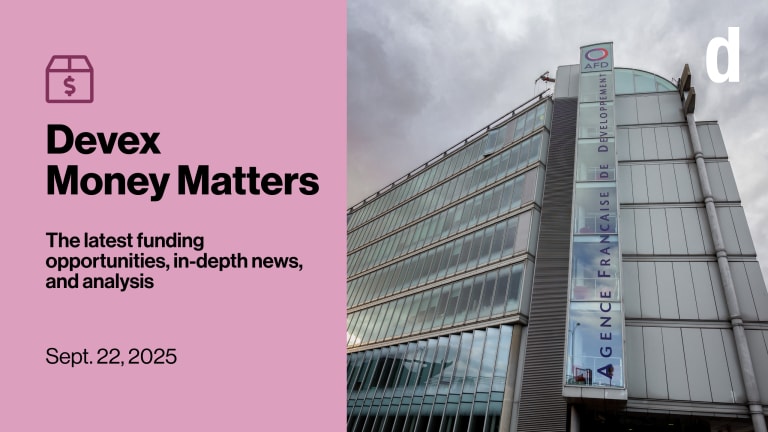While the Bill & Melinda Gates Foundation supports the idea of trust-based grantmaking and donors who have embraced that model, such as billionaire philanthropist MacKenzie Scott, the organization is not planning to broadly adopt the approach itself, CEO Mark Suzman said Friday.
It doesn’t fit the foundation’s outcome-driven work in health and other areas, he said, which refers to a giving approach that seeks defined and measurable goals such as delivering a certain number of mosquito nets per year.
Trust-based philanthropy is an approach to giving in which donors give unrestricted funding to nonprofits and allow them to spend the grant money how they choose, with few to no reporting requirements. While it didn’t start with Scott, she has brought the most attention to the trust-based movement. Scott, who has a net worth of $33.2 billion, has donated more than $16 billion to charity mostly since 2020.
This story is forDevex Promembers
Unlock this story now with a 15-day free trial of Devex Pro.
With a Devex Pro subscription you'll get access to deeper analysis and exclusive insights from our reporters and analysts.
Start my free trialRequest a group subscription







